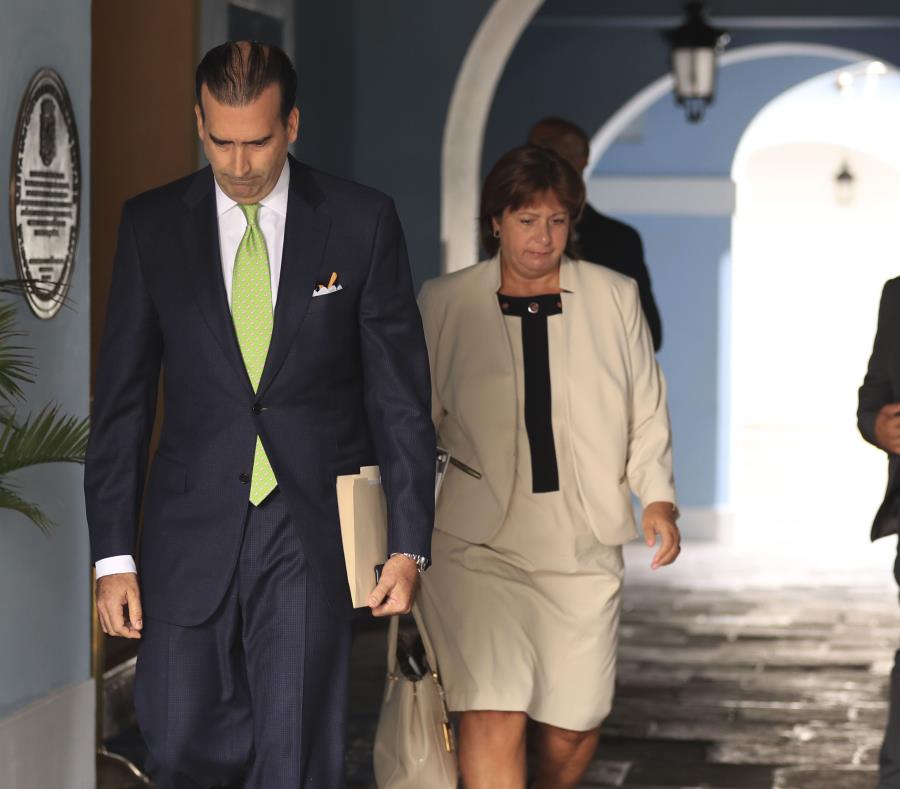Board postpones cuts for a year
However, the entity reduced payment to bondholders by 65 percent
by By Joanisabel González
The Oversight Board seeks to certify today a new fiscal plan that will focus on the government making the necessary adjustments to provide better education and public health services while postponing the previously contemplated budget cuts for one year.
The Board´s decision is a response to the effect that the coronavirus is beginning to have on Puerto Rico's economic and financial conditions, explained Board Executive Director Natalie Jaresko, who said the pandemic would speed up the government's budget deficit for about six years and reduce by almost two-thirds the funds available to pay bondholders.
Puerto Rico could not honor its legal obligations before, now it can afford even less, Jaresko said, noting that the new fiscal projections are based on what she estimates will be five years of economic contraction as a result of the pandemic.
According to Jaresko, over the next five years, as the coronavirus translates into less income and tax revenues, the surplus available to pay bondholders will drop to about $8 billion or 65 percent less than the money previously available to creditors.
According to the fiscal plan to be adopted by the Board, the Treasury's collections will drop by about $1.3 billion because of the COVID-19 and by another $1.2 billion in fiscal year 2019.
These projections could fall short since the Fiscal Agency & Financial Advisory Authority (FAFAA) indicated yesterday that in just eight weeks of lockdown, the Treasury's collections dropped by $1.433 billion.
"There is no change in priorities," Jaresko said, noting that now the structural reforms that the Board has been implementing for almost four years are more necessary.
For Jaresko, now that economic activity will be even more affected as a result of the pandemic locally and globally, Puerto Rico must have a government operating so that the island can attract investment, including participating in the U.S. logistics chain for national security purposes.
"It's a year to catch up," said Jaresko, who added that quality services to people and businesses in Puerto Rico cannot be postponed because of this is an election year.
The government´s fiscal plan contemplated postponing budget cuts for two years and recommended reviewing the debt adjustment plan filed in court.
Jaresko stressed that these are not measures such as the repeal of the Unjust Dismissal Act (Law 80), but strategies aimed at making the government work better. That would be the case, for example, of the Department of Education, where a plan for education including technological innovations is still pending, or in the Department of Public Safety, where the process for members of La Uniformada (Puerto Rico Police Department) performing administrative tasks to return to the communities has not been completed.
Jaresko added that to achieve such transformation, the plan proposes about $6 billion in specific investments, including capital improvements to the health system and increased payments to providers over the next five years.
However, in response to questions from El Nuevo Día about how these new projections will impact negotiations with creditors, Jaresko said that currently the Board focuses on obtaining approval for the new projections and budget.
The Board will hold its public meeting today virtually, starting at 10:00 a.m., and will be broadcasted through the agency's website.